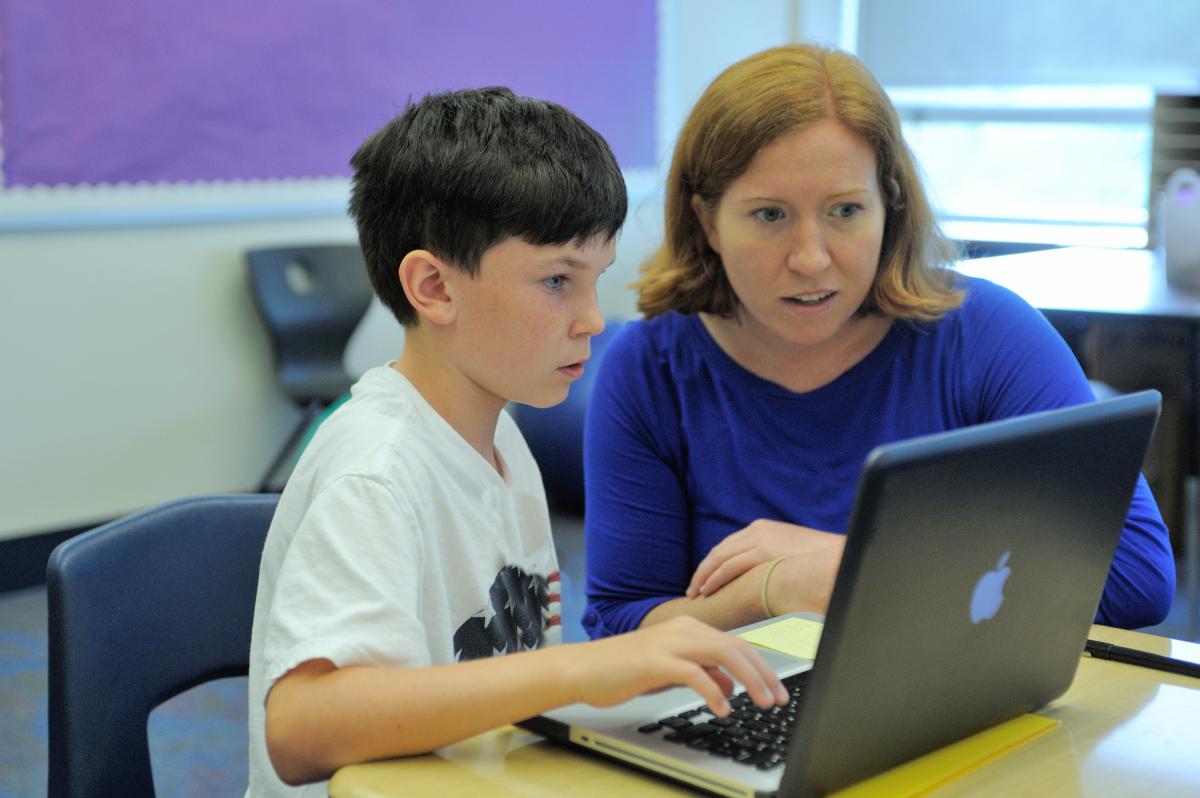
Developing a Concept of Time for Students with LD and ADHD
September 27, 2017
October is LD Awareness Month
October 11, 2017
So your child has been in school for somewhere between four and six weeks now. The only communication you have had with your child’s teacher may have been the “meet and greet” during Back to School Night, and frankly, a part of you feels like perhaps no news is good news.
Yet, homework is often a struggle, and you continue to scratch your head when trying to help your child with math. You never quite seem to explain it like the teacher does, leading to further conflict and confusion. The questions you have for your child’s classroom teacher are mounting. How in the world will you get all of your questions answered when a 20-minute parent-teacher conference is the standard?
First of all, don’t be afraid to communicate immediate concerns when academic dilemmas arise. This can be in the form of a quick note outlining your experience. It is important to give a synopsis of what your child struggled with, your understanding of the expectation, and steps you took to try to help with completion. Remember, sometimes sending a homework assignment back to school with the child’s incomplete work with the wrong answers can be very diagnostic. Again, it is important to include some form of communication about your concerns along with it. The fewer questions the teacher has about what occurred, the more helpful he can be in working collaboratively to develop solutions.
Regardless of whether you have had open lines of communication, it’s not to late to start. Being prepared for the Fall Conference may be the beginning to greater academic success for your child. Parent Magazine published an article entitled, Preparing for Parent-Teacher Conferences, where staff writer Meli Anderson outlined six solid guidelines for improving communication and outcomes. Writing a list of your greatest concerns and providing examples are among my favorite advice. Coming prepared with these two items can save time and direct the conversation in a productive way.
Aside from Anderson’s tips, it is always prudent to seek professional advice sooner rather than later, if your child shows signs of academic distress. Finding local resources to assist you and your child may make the difference in finding future school success.




